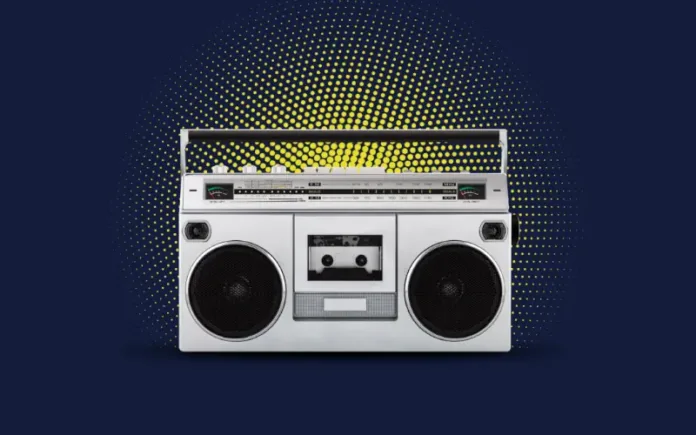The music scene has seen some changes lately due to progressions taking the lead in driving these shifts forward. One of the most impactful changes is the emergence of online radio broadcasting. This fresh approach enables musicians of all levels of experience to connect with a wide audience easily and conveniently, unlike ever before. In this article, we’ll delve into the impact of online radio broadcasting on the music industry and its implications for musicians, fans, and the music scene as a whole.
Bringing Artists with an Audience
In the past, gaining entry into the music scene demanded connections and financial support from record labels. Nowadays, online radio broadcasting has leveled the playing field by offering artists a stage to showcase their talents. This enables musicians to engage with fans across the globe without being restricted by location or costly distribution methods.
Getting Noticed
The rise of radio platforms has transformed how individuals explore and find music compared to radio stations, with restricted airtime slots and fixed playlists influenced by corporate agendas. Platform flexibility enables listeners to delve into a range of music genres outside of the mainstream at their convenience.
Enhanced Customization for a Personal Touch
One of the benefits of radio broadcasting is the personalized recommendations it provides to listeners like you and me! These platforms use algorithms to create playlists that perfectly match our tastes and preferences. This feature does not improve our listening experience, but it does introduce us to new artists and music that we might not have stumbled upon otherwise.
Supporting Independent Artists
Many indie artists encounter obstacles when attempting to expand their fan base or land record label contracts; nonetheless, internet radio has provided them a platform to display their skills alongside mainstream musicians. Consequently, countless independent artists have earned recognition based on their talent and connections within the music industry.
Generating Income
Earning a living through music is still tough for independent artists; however, online radio broadcasting has opened up fresh opportunities for generating income. Various platforms feature ad-supported models that pay artists royalties according to the number of song plays they get. Moreover, ways to make money, like VIP access subscriptions and crowdfunding campaigns, are also becoming popular among artists as income streams.
Changes in How People Listen to Music
Online radio broadcasting has made it more convenient for listeners and has also changed how people consume music in recent years! Unlike radio stations with set schedules that restrict when you can tune in, online platforms let users listen whenever they want on devices like smartphones and connected speakers.
Insights Based on Collected Data
Online radio platforms gather a wealth of data on how listeners engage and what they prefer to listen to; they collect data on listener behavior and preferences. This valuable data allows artists to understand their audience better. From demographics and geographic spread to the type of music they love and how often they tune in, armed with this information, musicians can refine their marketing approaches, market effectively, pinpoint areas for tours or events, and produce content that truly connects with their fans.
International Experience
Online radio broadcasting not only offers musicians an audience but also facilitates international partnerships and exposure opportunities for them to explore new horizons collectively with artists across borders and connect with diverse audiences globally.
Explore Unique Markets and Different Genres
Online radio broadcasting offers an opportunity to support niche markets and underground music genres that may not receive attention from traditional radio stations focused on commercial success alone. These online platforms provide a welcoming environment for experimental music styles to thrive and connect with their listeners in a way that traditional radio often overlooks.
Conclusion
The rise of radio has revolutionized the music industry by offering possibilities for artists and music enthusiasts. It allows musicians to reach an audience effortlessly and enhances their discoverability. It also supports artists by facilitating fan engagement and exploring innovative ways to generate income through diverse monetization methods. Adapting to changing listener habits, this innovative technology opens up avenues for the future of music.
